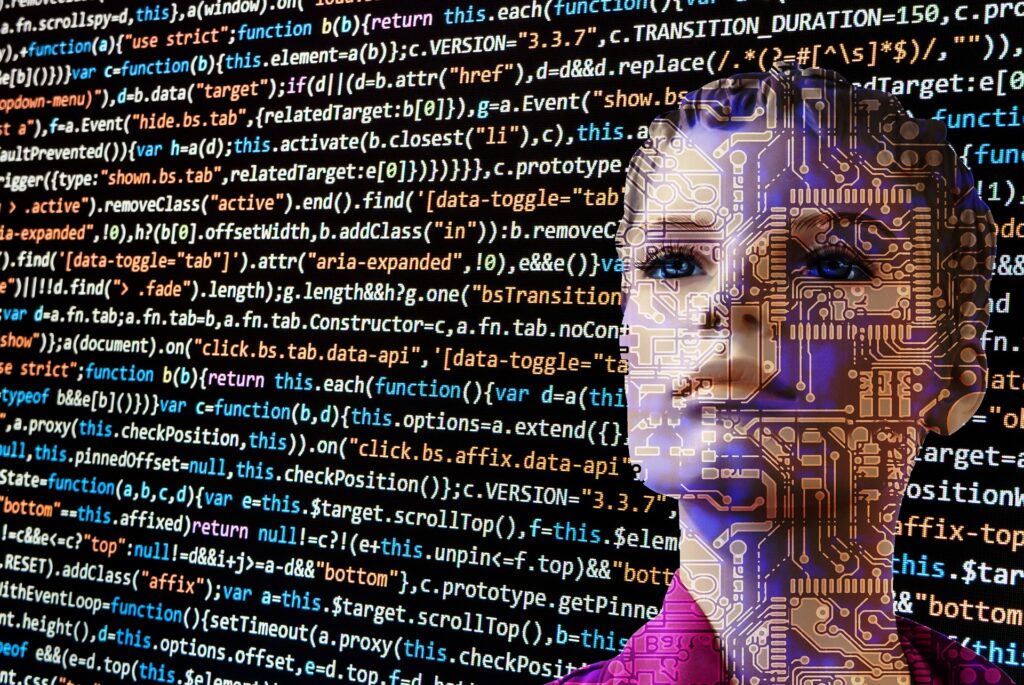The future of AI: from ChatGPT and AutoGPT to a personal AI assistant
Mark Vletter

Since the end of 2022 we have seen AI boom. And, whenever something new comes along, hype sets in. I’ve been diving deep into AI over the last few months: reading research papers; talking to people who have worked with various AI tools and listening to way too many interviews and podcasts with the people who build all these AI products.
I would like to separate hype from reality by answering one question: where will AI bring us in the near future?
The Current State of AI
A Glimpse into the World of Prediction Models
At its core, AI is built upon prediction models that have analyzed vast datasets to make educated guesses. But prediction on its own is not enough. What helped the accuracy of the AI models is the fact that humans gave feedback on the output these systems gave, something that is called human-reinforced learning or RLHF.
RLHF, deep-learning models and powerful computer chips have led to the creation of tools such as ChatGPT and Midjourney. The output of these tools is impressive, but one thing is good to know: they don’t understand what they are doing.
Take Midjourney as an example. The tool had a hard time drawing hands because it doesn’t understand what a hand is and how a hand works. Similarly, ChatGPT often gives false information because the tool cannot distinguish between right and wrong.
Limitations of A.I. tools
The limitations I describe above are difficult to overcome. I therefore assumed for a long time that it would inhibit the operation of AI tools. My first reaction was: why don’t you explain to the tool how a hand works? And why not connect ChatGPT to Wikipedia or Wolfram Alpha and teach the tool when information is correct and when it isn’t? But it’s not that simple.
That’s not how the basic technology works. I thought that would be the end of these tools’ ability to help us make great evolutionary leaps. At the moment there is a resurgence of specific AI tools that help you with tasks such as making a video, summarizing a document or translating a text. All useful and efficient tools that can boost the productivity of knowledge workers. But beyond that boost, it’s not a huge leap forward, is it?
But I was wrong. My whole line of thinking was wrong.

The Power of AI in Code Generation
The Game Changer: AutoGPT
I underestimated tools like ChatGPT because I couldn’t properly assess what such a tool can do: write simple computer code.
To understand its power, it’s good to look at a new AI tool called AutoGPT. AutoGPT leverages AI to write code, using user feedback to refine and improve the output.
In addition, AutoGPT automates every step you would manually take when writing code to do it better and faster. This means that AutoGPT is not just one tool that optimizes a single thing: when an AI writes computer code, it can become a universal tool to perform all kinds of administrative tasks.
The Near Future: Personal AI Assistants
From Business Tools to Personalized AI Support
In the near future, AI systems like AutoGPT will become personal or business AI assistants, enhancing productivity and efficiency. However, it is essential to recognize the current limitations of these tools. For example, AutoGPT requires a substantial amount of computer power, making it expensive to run. Moreover, running it effectively necessitates a high level of technical knowledge.
While much of the buzz around AutoGPT is hype, it does provide insight into the impact of AI innovation. If the limitations I describe in this piece are addressed, anyone working on a computer or laptop will get a significant productivity boost courtesy of AI.

Embracing the Future of AI
As we venture further into the world of AI, it is crucial to separate the hype from reality in order to gauge the the true potential of these groundbreaking tools.
The journey from ChatGPT to AutoGPT and beyond is testament to the rapid progress AI technology is making. In time, the limitations of these tools will be overcome, and we will witness a future in which AI assistants help us perform tasks with unprecedented efficiency and accuracy.
If there’s one thing I’ve learned over the last 20 years, it’s that technology isn’t holding us back. It is our inability to change our behavior, to experiment and to fail. And yes, I understand that it is difficult to learn completely new things and do things completely differently.
But it will be the people and organizations that are fastest to adapt and embrace these tools that will unlock new doors of possibilities for businesses and individuals alike. AI won’t help you there: that’s something for you to accomplish yourself.
Now read Pt 1: We need to talk about AI and productivity
Now read Pt 3: This is why AI is not going to replace humans
Now read part 4: The primary fallacies of “the AI dilemma”
Keen on a quarterly slice of succinct insights from the inside track? Sign up to our newsletter.